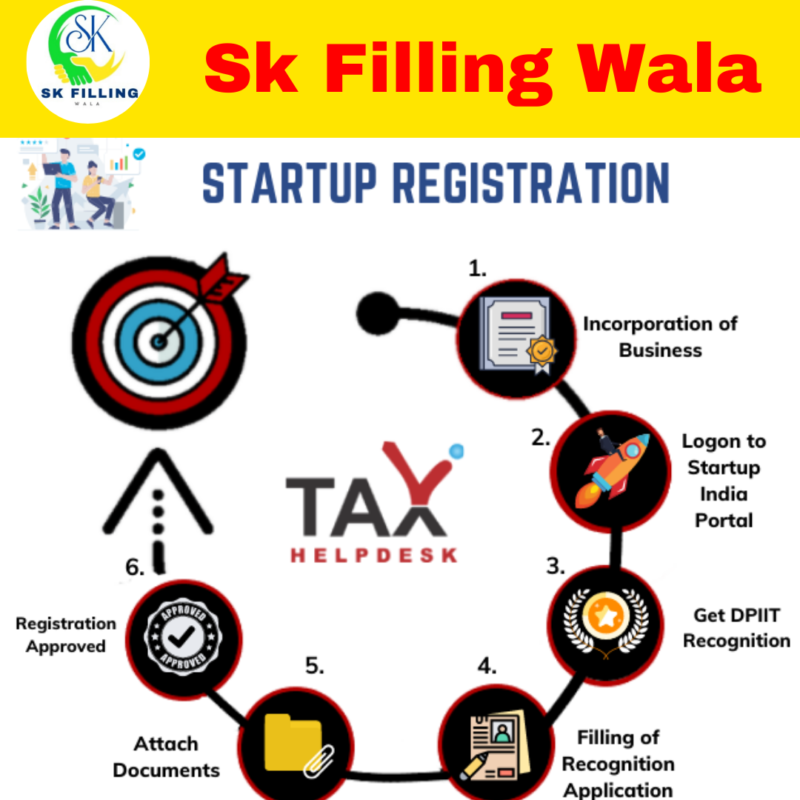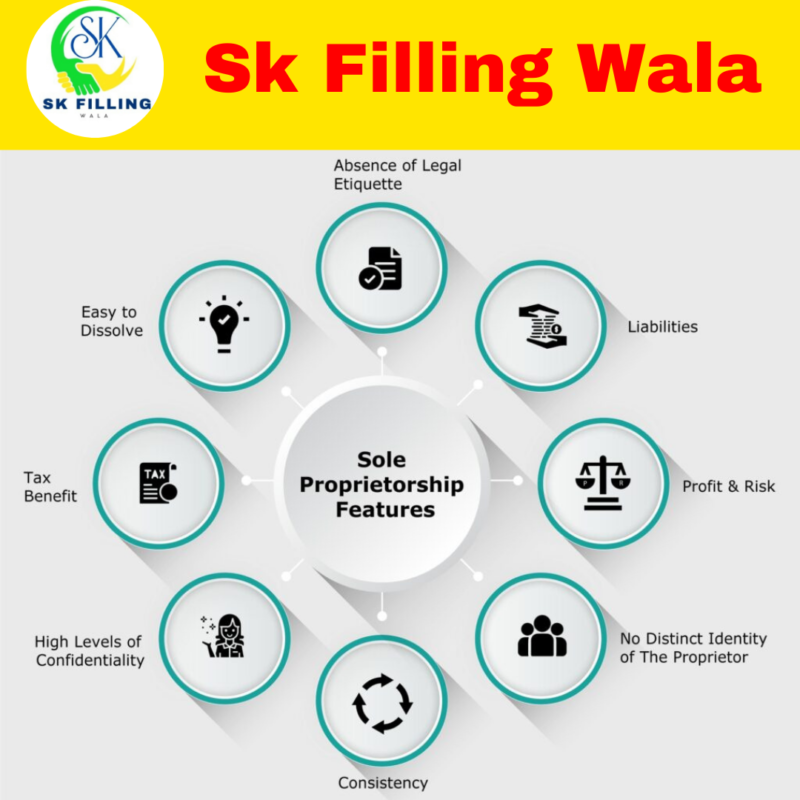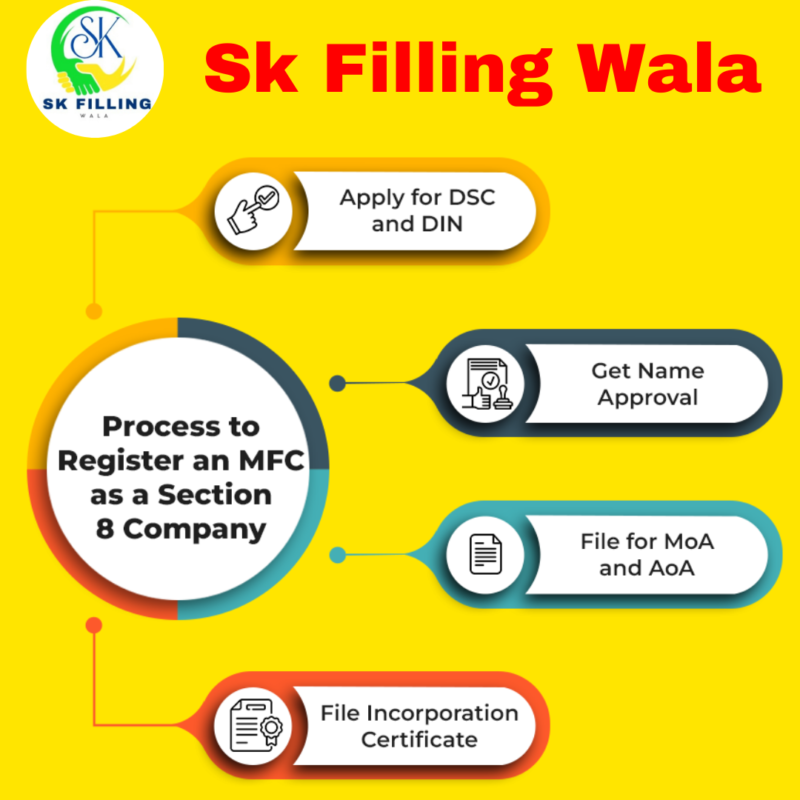FSSAI Registration – Building Consumer Trust and Expanding Your Food Business FSSAI Registration is a mandatory step for all businesses that produce or distribute, store and sell food products. It can help you avoid penalties as well as legal troubles. To obtain an FSSAI license is as simple as filling out the Form A, or B, […]
Monthly Archives: February 2025
Startup India Registration – How to Register a Startup in India The process of obtaining startup India registration fees is essential for entrepreneurs to be eligible for incentives and government benefits. This includes tax exemptions for three years, simple access to government tenders and many more. To apply to apply for Startup recognition Visit the official […]
Sole Proprietorship Company Registration A Sole Proprietorship is the simplest business structure. Unlike entities like an LLC or Corporation, you don’t have to file business registration paperwork with the state. sole proprietorship company In New York, you’re considered a Sole Proprietorship as soon as you start conducting business activities. However, you may still need to […]
One Person Company Registration One-person company registration permits one person to run as a company with the protection of limited liability. For registration of a single company, you’ll need to get an electronically signed certificate (DSC), make a reservation for a name, make your Memorandum of Association (MOA) and Articles of Association (AOA), and then submit […]
Microfinance Company Registration Registration with a microfinance business gives a host of advantages that include formal recognition as well as access to financing. They also help them adhere to legal guidelines that promote responsible lending practices and increase the social impact of their loans. microfinance company registration To get the certification of beginning your business, […]





